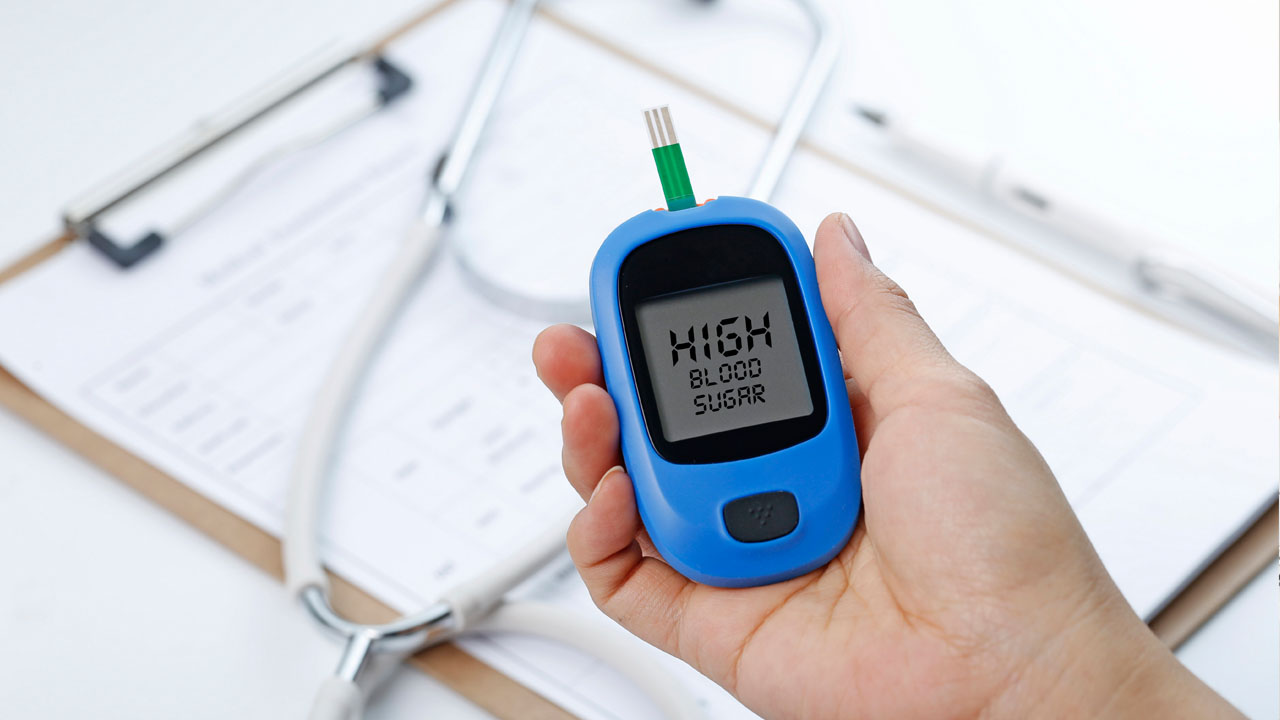New research shows that artificial intelligence (AI) could someday replace invasive glucose testing. If the technology works, the switch would be particularly significant for individuals with diabetes.
Some recent reports in the media suggest that the pace of AI development is slowing down.
Despite this, AI developers continue to design cutting-edge technology that promises to, someday, make daily life easier for everyone.
Certain AI technologies are being tailored to improve treatments for specific health issues. For example, scientists recently developed an AI system that can detect low blood sugar or hypoglycemia.
The researchers hope that this system will enable patients to measure their blood glucose levels without the need for an invasive method called a finger prick test.
The team recently published the results of a pilot study in the journal Scientific Reports.
For many people, measuring blood glucose currently involves pricking a finger with a needle attached to a device. The blood sample is then analyzed by a continuous glucose monitor (CGM), which often needs to be calibrated at least twice a day.
The process can be difficult, uncomfortable, and inconvenient, especially for children and people who need to test their blood in the middle of the night. As a result, some people are unable to measure their levels as often or as accurately as necessary.
The researchers behind the current study hope that a noninvasive method will help improve compliance rates, particularly among those who need to monitor their glucose levels closely, such as people with diabetes.
The new AI technology was developed at the University of Warwick, in the United Kingdom, and it can detect hypoglycemia using electrocardiogram (ECG) signals from the heart.
In their study, the scientists demonstrated that this new technology is accurate 82% of the time, a rate similar to that of current CGM systems. Senior study author Leandro Pecchia, Ph.D., an associate professor of biomedical engineering at the university, commented:
“Our innovation consisted in using [AI] for automatic detecting [of] hypoglycemia via few ECG beats. This is relevant because ECG can be detected in any circumstance, including sleeping.”


Write Reviews
Leave a Comment
Lorem ipsum dolor sit amet, consectetur adipiscing elit, sed do eiusmod tempor incididunt ut labore et dolore magna aliqua.
No Comments & Reviews